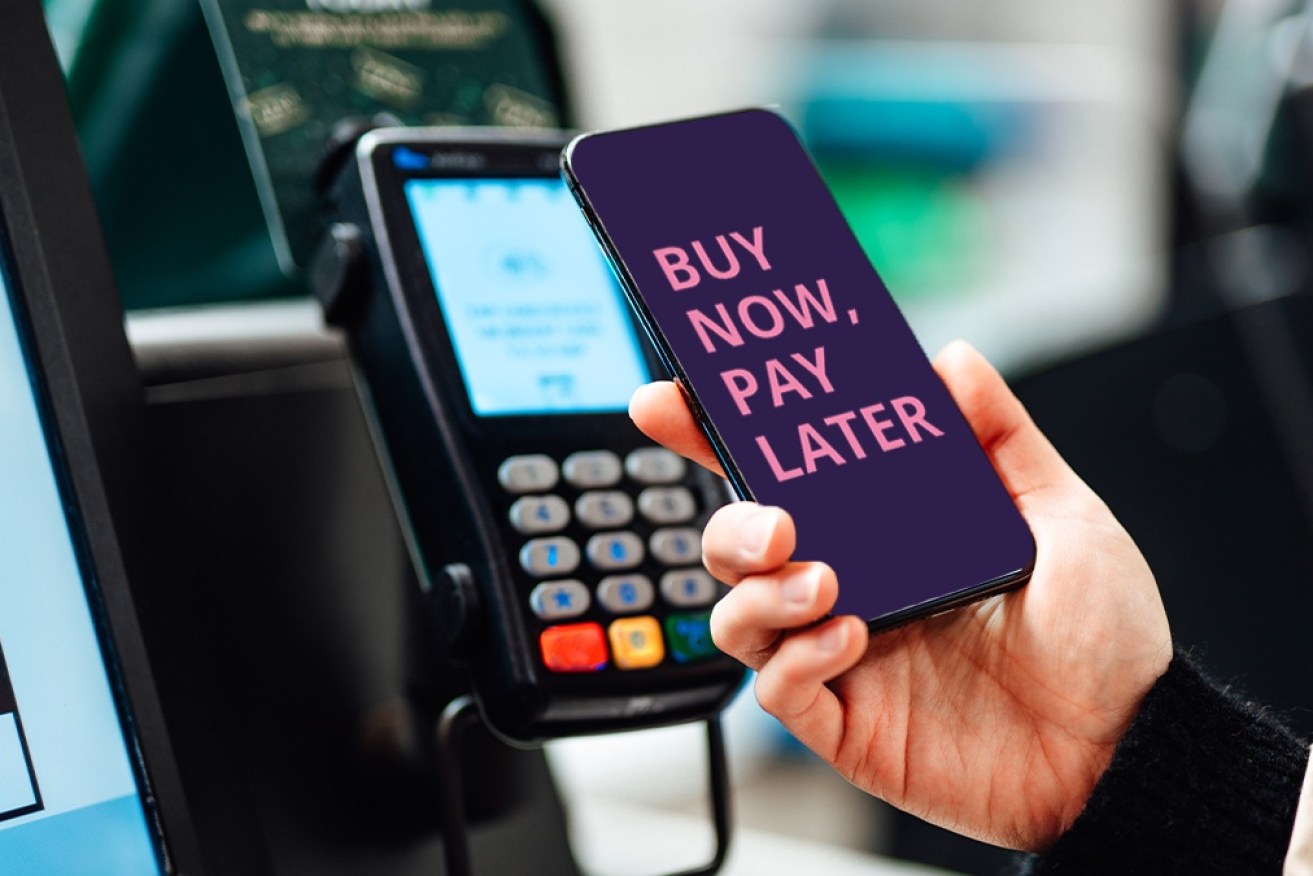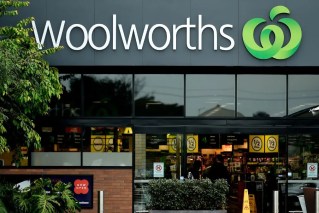‘Dangerous strategy’: Buy now, pay later grocery shopping sparks debt fears


Think twice before using credit to pay for your groceries. Photo: TND/Getty
Finance experts are concerned about the expansion of buy now, pay later (BNPL) platforms into everyday shopping as supermarkets and petrol stations open their arms to the fast growing industry.
During the week, BNPL platform Fupay expanded into the grocery and fuel sectors through new partnerships with supermarkets Foodworks and IGA Marketplace, as well as service station chain United Petroleum.
Fupay founder and managing director Michael Fredericks said the deal targets Millennials and Gen Z customers, marking a shift from what he called credit card “debt traps”.
But financial experts fear encouraging the use of BNPL for purchases such as groceries and petrol will create new debt traps for financially vulnerable people, particularly as living costs rise.
Targeting low-income households
Chronos Private principle adviser Chris Giaouris “can’t see” who else other than vulnerable, low-income households would be the main target for such BNPL products.
“It seems like a dangerous strategy,” he said.
Mr Giaouris said if it’s a choice between going hungry and using BNPL to buy food, he understands why people would choose the latter.
But using BNPL for essential shopping such as groceries could leave people building up debts they might not be able to pay off.
Risk of ‘snowballing’ debt
Montara Wealth and Binnari Property director David Hancock said while the convenience of some BNPL technologies is great, it can trap some people in debt cycles.
“For the right people … it can be fine,” Mr Hancock said.
“But like we’ve seen with credit cards over the years, for people that get themselves into a cycle of more and more debt, then it can be detrimental not only to their financial position but to … their own mental wellbeing.”
Almost one in five Australians have BNPL debt, according to NAB data from June 2021.
NAB found nearly 40 per cent of people with BNPL debts have missed repayments.
If you use BNPL regularly for living expenses but are unable to pay it off, the debt can “snowball” quickly, Mr Giaouris said.
“All of a sudden, what might have cost $2000 – $3000 could easily creep up, and for someone on a lower income, that extra expense could be really problematic over many years,” he said.
“It’s a slippery slope.”
Fupay said it’s committed to responsible lending and uses transaction data to provide customers with insights into their spending.
But Consumer Action Law Centre CEO Gerard Brody said BNPL companies don’t follow the same safeguards that exist with other forms of credit, such as credit cards and personal loans.
In Australia, BNPL companies aren’t required to comply with responsible lending laws, and so do not conduct the same in-depth credit checks banks do.
“They’re not required by law to make sure those repayments are affordable before adapting the loan, and then to understand the borrower’s financial position and their needs and objectives,” Mr Brody said.
“Also, there aren’t legal obligations about how they treat borrowers who are in financial hardship or distress and need assistance.”
Mr Brody said anyone who is using credit, such as BNPL services, to pay for essential items must already be in financial distress and are probably dealing with other types of debt.
If you’ve got debt concerns, he recommended contacting the National Debt Helpline, a free, independent service staffed by professional financial counsellors to provide advice about your debt options.
- If you are struggling with debt, call the National Debt Helpline: 1800 007 007








